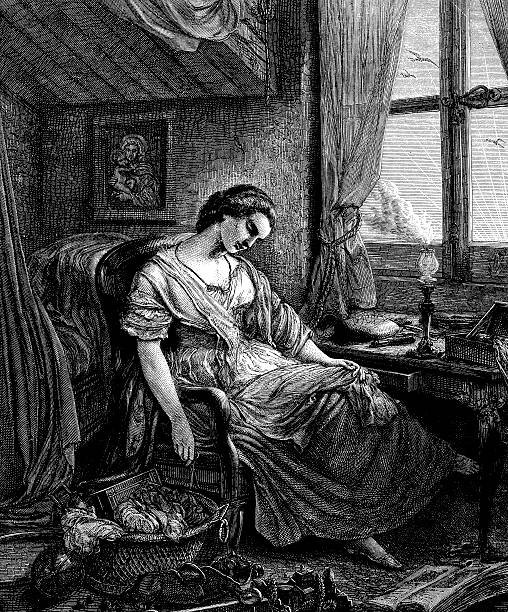Lately, I’ve noticed a pattern in the novels I gravitate toward: the women at the centre of them are exhausted. Not poetically exhausted but clinically, emotionally and sometimes strategically depleted. They’re overworked, undernourished, overstimulated or simply done with pretending life is manageable. But strangely, I find them compelling. Ottessa Moshegh’s narrator in My year of rest and relaxation sedates herself into a year long hibernation, barely eating, barely socialising, barely away. By all accounts, her life is a slow motion car crash, but I found myself weirdly moved, even motivated, by her refusal to participate. Then there’s Colleen Hovers Verity, where the protagonist drifts through grief and financial collapse with the numbness that would normally terrify me, yet somehow I finished the book feeling energised by her detachment.
So I started wondering, when did being burnt out become aspirational? When did tired, hungry and creatively unravelled in a cold apartment start to feel like an artistic ideal rather than a nightmare? And why am i, why are we, so drawn to fictional women falling apart.
Part of the strange allure comes down to where these stories take place. So many of the novels built around collapsing women are set in cities that practically vibrate with aspiration, London, New York. These are places people moce to in pursuit of “becoming something” even if that something ends up being miserable. There’s a fantasy in suffering somewhere glamorous. Its easier to romaticise burnout when the backdrop is the thivk glittering skyline of manhattan or the soft grey sprawl of London in the rain. When i read Raven Leilani;s Luster, i didnt envy the protagonists instability, her hunger, her loneliness, but i did envy the world she inhabited. The brittle beaty of bein young and lost in a city that feels bigger than any problem she could possible have. It’s almost as is the geography softens the collapse, yes she’s overwhelmed, but shes overwhelmed in a place i dream of being overwhelmed in. The location cushions the fall, making it feel poetic instead of simply bleak.
The exhaustion we keep reading about almost always belongs to a women and that feel significant. Women have spent centuries being the stable centre of chaos. Fiction women, historically, were allowed to be anything as long as they were composed. So there is something liberating about reading stories where the female disintegrates instead of dutifully functioning. Think of Sylvia Plath’s The Bell Jar, where the protagonist’s unravelling becomes a rebellion against the suffocating expectations of womanhood. These characters let us admire something we rarely say out loud, we are tired. Deeply tired. Fiction gives is permission to see that tiredness not as failure, but as honesty. When a fictional women finally drops the performance, it feels like we’re allowed to drop it too.
There’s something deeply satisfying about watching the slow death of the girlboss archetype. For years we were told that the height of empowerment was efficienct, color coded calendars, 5am alarms, iced coffee as a personality trait. These characters arent chasing success, they’re trying to survive themselves. They are all quietly rejecting the pressure to optimise their lives and making us feel like its okay to just live. Through them we are allowed to imagine a version of womenhoos that doesnt require constant striving.
Maybe that why we keep returning to these exhausted women in fiction. It isnt that we want their suffering, its that we want there refusal. There unwillingness to perfomr resilience. There permission to step out of the relentless place expected of modern life. Burnout has become an aethetic, only because real burn out has become a near universal condition. We’re not gloamorising collapse so much as trying to understand it, soften it and make it survivable.
The literary exhausted women is not a role model. She’s a mirror, a slightly distored, beautifully written reflection of the pressures we carry and the fantasies we hold. Maybe thats the appeal, not the tiredness itself, but the radical idea that we dont have to keep going at full speed. That sometimes falling apart, or admitting we’re close to it, is the most honest thing we can do.





















